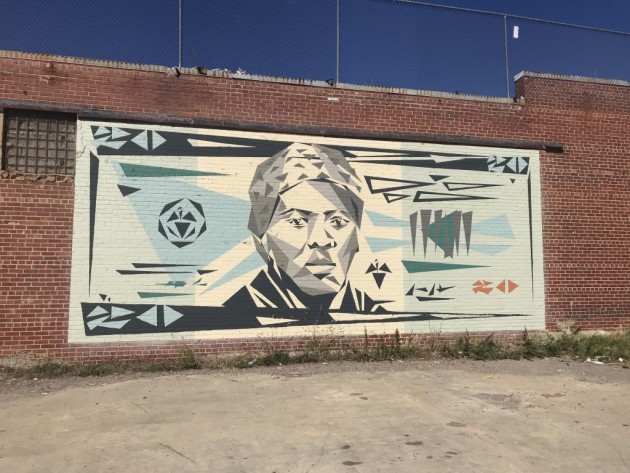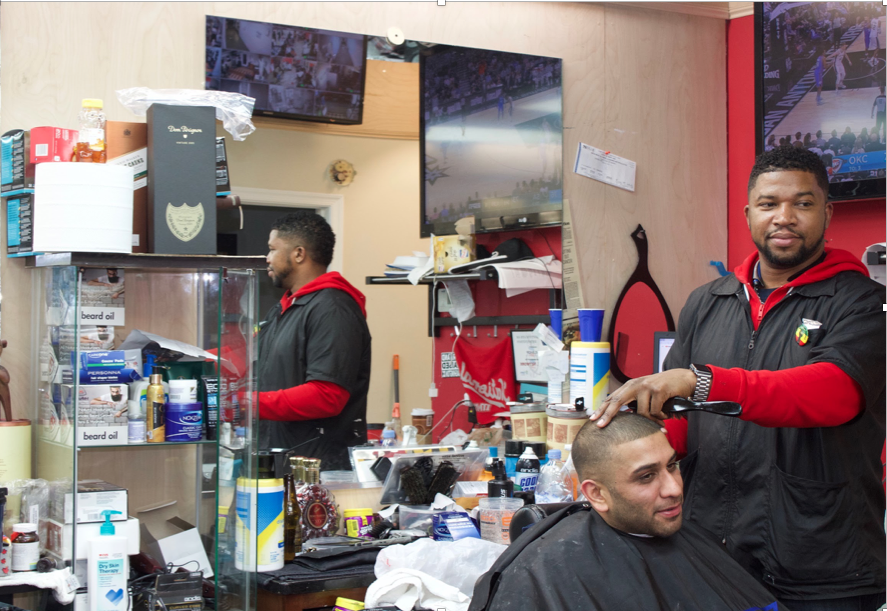Video Game Juggernaut Hit with Lawsuit
Though its motto is “live in your world, play in ours,” a federal judge recently ruled that Sony, makers of the popular PlayStation line of video games, has been playing in someone else’s for some time, and now must pay up or face game over.
Immersion, a digital technology company, successfully sued Sony for copyright infringement over the technology used in its DualShock controllers, which cause controllers to vibrate in response to on-screen action. Immersion was awarded a settlement of nearly $91 million dollars, and appeals are pending. Sony must pay the judgment or cease sales of its popular PlayStation 2 console, along with nearly 50 games, in the United States.
With over one million in sales, PlayStation 2 is the number one selling video game system in the world.
“Let’s say that we go through appeals, Immersion wins, and the judgment is enforced, then they could no longer sell these products," Victor Viegas, Immersion’s CEO, said in his first interview since the verdict was announced, published at www.gamesradar.com. “That’s the big risk to them. If, on the other hand, they feel that that risk is too great, they could begin negotiations with Immersion on acceptable licensing terms.”
Though they appear to be headed toward victory, Viegas still said that he felt as if his company deserved more.
“It will be hard to call the court ruling a real victory because it’s a lower royalty rate than we would be happy with,” Viegas said in the interview. “We believe any infringing product should cease to be sold. The judge stayed a permanent injunction, but she allowed Sony to continue to sell those products while they appeal this judgment.”
The popularity of the PlayStation 2 system among the college student age group has led to divergent opinions on this suit. Some, like Tashira Walker, a sophomore print journalism major at Howard University in Washington, D.C., said that they agreed with Viegas that Sony should pony up.
“PlayStation should pay [the settlement], because nobody wants their ideas stolen and all recognition gone to someone else,” she said.
Walker is not alone in that assessment. Chris Wilson, a junior English major at Appalachian State in Boone, NC, said that he was sympathetic with Immersion.
“It’s only right that they give them the money,” Wilson said. “If I had an idea and somebody took it, [I’d be upset too].”
Others have suggested that Sony should fight the settlement. Jason Alexander, an avid game player who recently graduated from the University of Georgia in Athens, Ga., said that he would like to see Sony successfully appeal.
“I’m an X-Box man myself, but this suit doesn’t make much sense,” he said. “Why would this company that is not in the game business be developing technology for video game controllers? What did they plan to do with it?”
Immersion filed a similar successful suit against Microsoft, makers of Alexander’s favorite system, last year.
Critics have also questioned the timing of the suit, as well as the motives.
“PlayStation’s been out for awhile, so they’re kind of late,” Wilson said. “And it doesn’t look right going from company to company, year after year.”
Some have suggested that Sony cut their losses with the PlayStation 2 and focus on selling its new handheld unit, the PlayStation Portable (PSP), which debuted in the U.S. last month.
“I think they may just try to get away from [PlayStation 2] and sell the new one,” Walker said. “By now everybody and their mother has a PlayStation or some new game system, so they made their money already. They really don’t have to sell anymore.”
For his part, Wilson said he hopes Sony settles the suit quickly and goes back to producing great games. He said the most annoying part of the suit for him was that DualShock did not have enough impact on game play to warrant this much attention.
“It’s never made me buy a game,” he said. “It’s a nice little feature, but it’s not that important. It doesn’t make that much of a diff. I was cool with the first PlayStation controller [without DualShock].”




